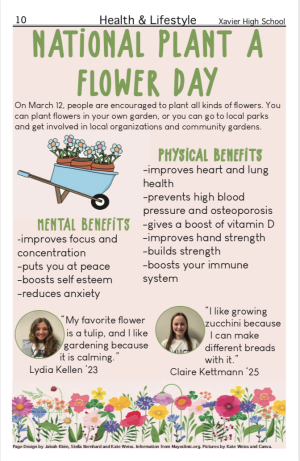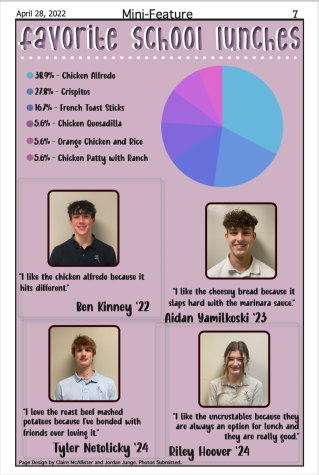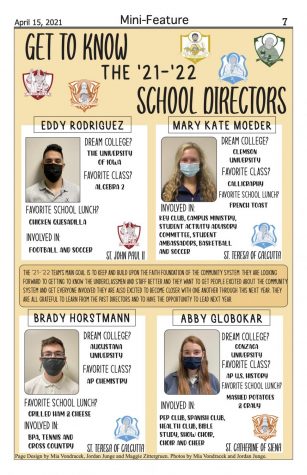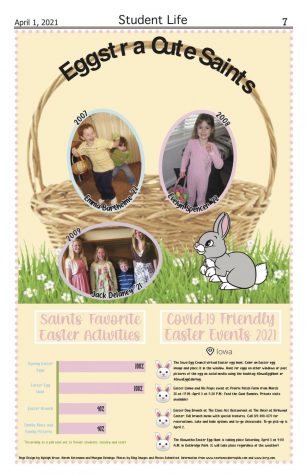To new beginnings
April 2, 2020
Wildfires in Australia and California, mass shootings in U.S. cities and counties and COVID-19, spreading all across the globe. This is the year: 2020.
As daily routines and lives are impacted by developments and events in society, some things stay the same.
According to Google, Easter is defined as “a festival and holiday commemorating the resurrection of Jesus from the dead.”
For centuries, the religious significance behind Easter Day has remained, as Christians continue to attend church services within their local communities.
In addition to its Christian roots, non-religious traditions are also associated with Easter festivities, which will take place across the globe on Sunday, April 12, symbolizing both hope and new life.
For instance, egg hunts, a four-day weekend and pastel-colored baskets filled with hollow chocolate bunnies alongside an assortment of candies are just a few ways individuals acknowledge the holiday.
In a feature pulled from Town & Country Magazine, Siobhan Shaw stated, “The Easter eggs symbolize our ability to break out of the hardened, protective shell we’ve surrounded ourselves with that limits our thoughts and beliefs. As we break open our hearts and minds, we discover a transformation to new, life enhancing thoughts and beliefs.”
These traditions aid, preserve and protect the customs passed along over the years in anticipation for their continuation amidst future generations.
“In many pre-Christian societies eggs held associations with spring and new life,” according to Easter Heritage Blog’s webpage. “Early Christians adapted these beliefs, making the egg a symbol of the resurrection and the empty shell a metaphor for Jesus’ tomb.”
Similarly, traditional Easter food is yet another formality practiced, including the preparation of and partaking in roasted lamb, ham and boiled eggs.
In an article published by the Financial Times, it was expressed by an interviewee that, “‘Easter food should comprise the freshest flavors of the whole year, reflecting this moment of green shoots and new beginnings.’”
These new beginnings are expressed through family traditions and gatherings.
Statistics taken from WalletHub’s website reflect data collected from 2019, showing that, “Over 10,000,000 Easter egg dying kits are sold each year,” while “32 percent of parents plan an Easter egg hunt for their kids.”
For although a deity in Chinese religions, philosopher Lao Tzu once said, “New beginnings are often disguised as painful endings.”
Violent crime rates are falling, an Ebola vaccine has been developed in Canada and fewer youth are illiterate, all across the globe. This is the year: 2020.
This is a year of new beginnings.













